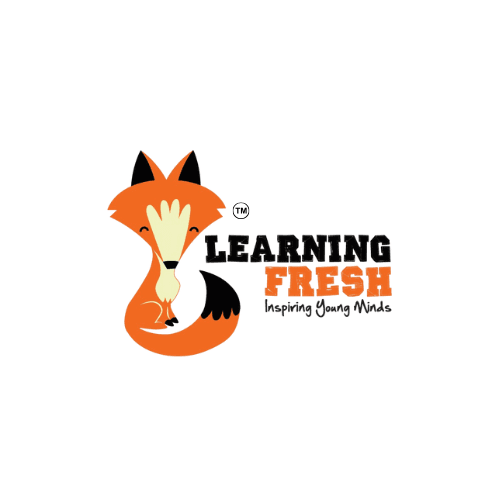The Benefits of Bilingual Education in Malaysia: A Local Perspective
Understanding the Importance of Bilingual Education
In a rapidly globalizing world, bilingual education has become an essential component of modern learning systems. Malaysia, with its rich tapestry of cultures and languages, is uniquely positioned to leverage bilingual education for societal advancement. By fostering proficiency in multiple languages, Malaysia’s education system can equip students with the tools necessary to thrive in an interconnected world.
Being bilingual or multilingual can significantly enhance cognitive abilities, such as improved memory, problem-solving skills, and creativity. In Malaysia, where Malay is the national language and English is widely used, students who engage in bilingual education can broaden their intellectual horizons and develop a deeper understanding of diverse cultures.

Cultural Integration and Social Harmony
Malaysia’s multicultural society benefits immensely from bilingual education as it promotes cultural integration and social harmony. By learning multiple languages, students gain insight into different cultural practices and perspectives, fostering mutual respect and understanding among various ethnic groups. This understanding is crucial in a country where people of Malay, Chinese, Indian, and indigenous descent coexist.
Furthermore, bilingual education encourages the preservation of heritage languages and cultures. Students who learn their mother tongues alongside national and international languages can maintain a strong connection to their cultural roots while participating actively in the broader Malaysian society.

Economic Advantages of Bilingualism
The economic benefits of bilingual education cannot be overstated. In Malaysia, where trade and tourism are vital sectors, proficiency in multiple languages opens doors to numerous career opportunities. Bilingual individuals are highly sought after in industries such as hospitality, international business, and diplomacy. They possess the skills needed to communicate effectively across linguistic barriers, making them valuable assets in today’s competitive job market.
Moreover, businesses that operate in a multilingual environment can expand their reach and cater to a diverse clientele. This adaptability is essential in Malaysia's economy as it continues to grow and integrate into the global marketplace.

Educational Framework and Implementation
The Malaysian government has recognized the importance of bilingual education and has taken steps to integrate it into the national curriculum. Policies that promote the learning of both Malay and English from an early age are being implemented across schools nationwide. These initiatives aim to ensure that students not only achieve academic success but also develop practical language skills.
Schools are increasingly adopting innovative teaching methods that incorporate technology and interactive learning to enhance language acquisition. By creating an engaging and supportive learning environment, educators can facilitate effective language learning and inspire students to embrace bilingualism with enthusiasm.
Challenges and Future Prospects
Despite the numerous advantages, implementing bilingual education in Malaysia is not without challenges. Some institutions may face resource limitations or resistance from stakeholders who prioritize one language over others. However, through continued investment in teacher training and curriculum development, these obstacles can be overcome.
Looking ahead, the future of bilingual education in Malaysia is promising. With ongoing support from government bodies, educators, and communities, bilingual education can play a pivotal role in shaping a dynamic and resilient nation. By valuing linguistic diversity and promoting multilingual proficiency, Malaysia is poised to become a leader in global education innovation.
